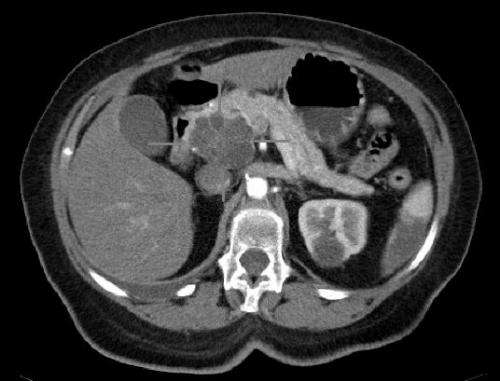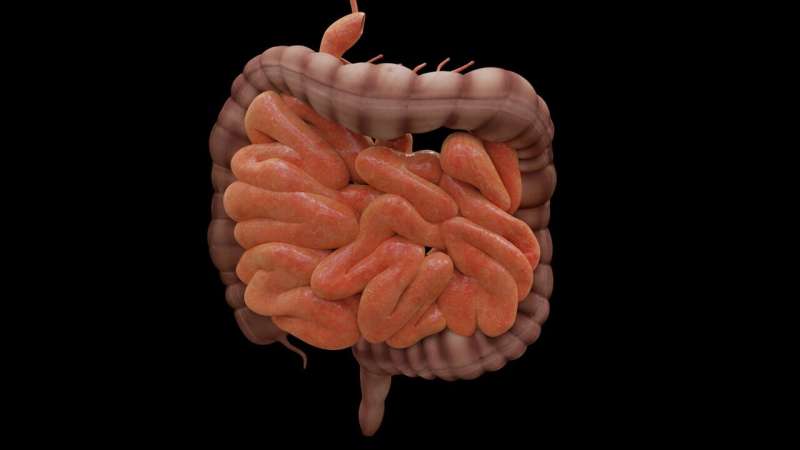The Impact of Chronic Inflammation from Alcohol on Pancreatic Cancer Progression

Chronic inflammation from alcohol consumption accelerates pancreatic cancer development through key molecular pathways, with CREB playing a central role. New research offers promising therapeutic targets for prevention and treatment.
Recent research highlights the significant role of chronic inflammation caused by alcohol consumption in accelerating the development of pancreatic cancer. While the link between alcohol intake and various cancers is increasingly supported by scientific evidence, the precise biological mechanisms have remained somewhat elusive. A groundbreaking study published in Cellular and Molecular Gastroenterology and Hepatology sheds light on how alcohol-induced inflammation damages pancreatic cells and promotes tumor formation.
The study emphasizes the role of a cellular molecule called CREB, a DNA-binding protein that regulates gene activity, in this process. High levels of alcohol intake damage acinar cells in the pancreas—the cells responsible for producing digestive enzymes. This damage triggers an increase in inflammation, which further harms the tissue and creates an environment conducive to cancer development. Over time, these inflammatory conditions can lead to the formation of precancerous lesions, which may progress to malignant tumors.
Importantly, the research team developed a model that simulates alcohol-induced pancreatic inflammation, the early stages of tumor formation, and eventual progression to cancer. In this model, they introduced mutations in the Ras gene, commonly associated with pancreatic cancers, and manipulated the CREB gene to observe its role. Their findings revealed that activation of CREB is a key driver in converting healthy acinar cells into precancerous and cancerous cells.
Further experimentation showed that knocking out CREB in this model significantly reduced the formation of precancerous lesions, even in the continued presence of alcohol. This suggests that CREB plays a pivotal role in mediating inflammation and cellular reprogramming necessary for cancer progression. Consequently, inhibitors targeting CREB could hold promise as therapeutic agents to prevent or slow pancreatic cancer development in people with high alcohol consumption.
Senior researcher Nagaraj Nagathihalli explained that CREB acts as a molecular orchestrator, transforming normal acinar cells into precancerous states by promoting persistent inflammation. The findings imply that interrupting this process could be a viable strategy to combat alcohol-related pancreatic cancer. Future studies are needed to explore whether similar mechanisms operate in human tissues and to identify other molecules involved in this pathway. Researchers are also investigating CREB inhibitors as potential cancer therapeutics, aiming to develop targeted treatments for inflammation-induced pancreatic cancer.
Overall, this study underscores the critical link between alcohol-related inflammation and pancreatic cancer, highlighting new avenues for prevention and therapy focused on molecular pathways like CREB.
Stay Updated with Mia's Feed
Get the latest health & wellness insights delivered straight to your inbox.
Related Articles
Global Variations in the Management of Diverticulitis Highlight Need for Standardized Care
A recent international study exposes significant differences in diverticulitis treatment worldwide, urging the need for standardized care and improved guidelines to optimize patient management and reduce antibiotic overuse.
Can Physiotherapy Effectively Treat Headaches? Insights from Recent Research
Recent research highlights the effectiveness of physiotherapy in treating certain types of headaches, including cervicogenic, migraine, and tension headaches. A proper assessment can guide tailored treatment to relieve headache pain and reduce frequency.
Promising Kidney Cancer Treatment Targets Calcium Imbalance Caused by Tumors
New research highlights the potential of HIF-2α inhibitors to effectively treat hypercalcemia caused by kidney tumors, offering hope for improved management of this dangerous complication.
Genetic Research Challenges the Role of Calcium Release in Normal Muscle Function
New genetic research reveals that calcium-induced calcium release (CICR) is unnecessary for normal muscle contraction but plays a critical role in certain muscle disorders, offering promising targets for future therapies.



